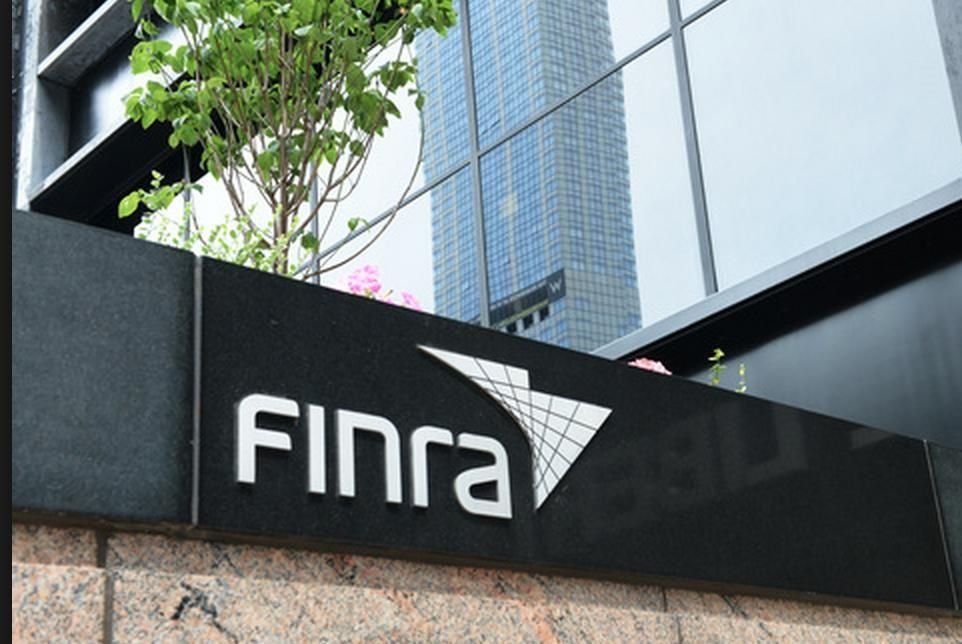Dalmore Group LLC, a Woodmere, New York-based broker-dealer, recently found itself in the regulatory spotlight following significant enforcement action by the Financial Industry Regulatory Authority (FINRA). With a business model primarily focused on acting as a broker-dealer of record for private offerings, Dalmore’s alleged lapses in compliance have exposed systemic weaknesses that could serve as a cautionary tale for other firms operating in the securities industry.
Dalmore Group LLC, a FINRA member since November 2005, has grown to include approximately 35 registered representatives and seven branches. The firm’s focus on private placements includes providing issuer-associated services such as due diligence, advertising reviews, and investor suitability assessments. However, this specialization has also led to scrutiny over its compliance and supervisory systems.
In March 2021, FINRA issued an Acceptance, Waiver, and Consent (AWC) letter finding that Dalmore had failed to maintain supervisory procedures to ensure compliance with suitability obligations in private offerings between March 2017 and December 2018. The firm was fined $40,000 for these violations. Unfortunately, this was not the end of Dalmore’s regulatory challenges.
FINRA’s 2024 Enforcement Action
From January 2019 to December 2022, Dalmore’s compliance failures persisted, as evidenced by FINRA’s recent enforcement action. The 2024 AWC letter outlines a series of violations, including inadequate supervisory systems, failure to adhere to Regulation Best Interest (Reg BI) standards, misuse of material non-public information, and other significant lapses.
Key Findings
Failure to Establish Effective Supervisory Systems
FINRA’s investigation revealed that Dalmore failed to establish supervisory systems and written supervisory procedures (WSPs) that ensured compliance with Reg BI standards. Notably, the firm’s WSPs did not adequately outline the steps registered representatives and supervisors should take to evaluate private offerings.
Dalmore often relied exclusively on issuer-provided documentation without conducting independent due diligence.
Records of investigations into private offerings were incomplete or nonexistent, undermining investor protection.
These gaps were particularly problematic given the heightened obligations under Reg BI, which requires broker-dealers to act in the best interest of retail investors.
Mismanagement of Material Non-Public Information
Dalmore’s supervisory system for preventing misuse of material non-public information (MNPI) was deemed insufficient. Key shortcomings included irregular distribution of the firm’s restricted lists to registered representatives and a lack of consistent updates to ensure the lists remained current.
Non-Compliance with Fingerprinting Requirements
Dalmore failed to fingerprint 45 non-registered associated persons, a violation of Section 17(f) of the Securities Exchange Act. This oversight raises concerns about the firm’s ability to identify potential risks posed by associated individuals.
Inadequate Reporting of Outside Business Activities
FINRA also found that Dalmore failed to report or timely update the Forms U4 of ten registered representatives to disclose outside business activities. These reporting lapses spanned from October 2019 to the present.
Violations of FINRA’s Communication Standards
Dalmore’s retail communications violated FINRA Rule 2210 by including exaggerated, promissory, and misleading claims. For instance:
Statements such as “[an offering] is a once-in-a-century opportunity” were deemed unwarranted.
Websites promoting securities failed to adequately disclose key investment risks.
Such communications not only misled investors but also eroded trust in the firm’s practices.
Improper Handling of Contingency Offerings
In a private placement with a minimum raise contingency, Dalmore failed to specify a deadline for meeting the contingency and prematurely released investor funds before the minimum amount was raised. This willful violation of Section 10(b) of the Exchange Act could undermine investor confidence in contingency-based offerings.
Delayed and Inaccurate Responses to FINRA Requests
From August 2022 to January 2023, Dalmore provided incomplete and inaccurate responses to FINRA’s document requests. These delays impeded FINRA’s investigation and highlighted deficiencies in Dalmore’s compliance culture.
Sanctions and Remedies
To address these violations, FINRA imposed the following sanctions:
A censure.
A $375,000 fine.
An undertaking requiring Dalmore to certify, within 90 days, that it has remediated the supervisory deficiencies and implemented adequate compliance measures.
Additionally, Dalmore’s willful violation of Section 10(b) results in statutory disqualification, which may have long-term implications for its business operations.
Lessons for the Industry
Dalmore’s case underscores critical lessons for broker-dealers and financial firms:
Robust Supervisory Systems Are Non-Negotiable
Compliance frameworks must be tailored to the firm’s business model and rigorously enforced. Reliance on issuer-provided information without independent verification is insufficient and exposes firms to regulatory and reputational risks.
Adherence to Reg BI Standards
Reg BI’s introduction heightened the obligations of broker-dealers to prioritize retail investors’ best interests. Firms must ensure that their policies, training, and supervisory practices align with these standards.
Transparency and Accuracy in Communication
Misleading or exaggerated marketing materials can erode investor trust and invite regulatory action. All communications should be fair, balanced, and fully disclose investment risks.
Prompt and Accurate Regulatory Reporting
Timely reporting of outside business activities and other disclosures is essential to maintaining transparency and regulatory compliance.
Collaboration with Regulators
Delays or inaccuracies in responding to regulatory requests can exacerbate the severity of enforcement actions. Firms should adopt proactive approaches to compliance and maintain open lines of communication with regulators.
The FINRA action against Dalmore Group LLC serves as a stark reminder of the importance of robust compliance and supervisory systems in the securities industry. As the financial landscape becomes increasingly complex, broker-dealers must prioritize investor protection and regulatory compliance to maintain their credibility and avoid costly enforcement actions.
By addressing its deficiencies and implementing sustainable compliance measures, Dalmore has an opportunity to rebuild its reputation. For the broader industry, the case provides invaluable insights into the pitfalls of inadequate oversight and the critical role of regulatory vigilance.



